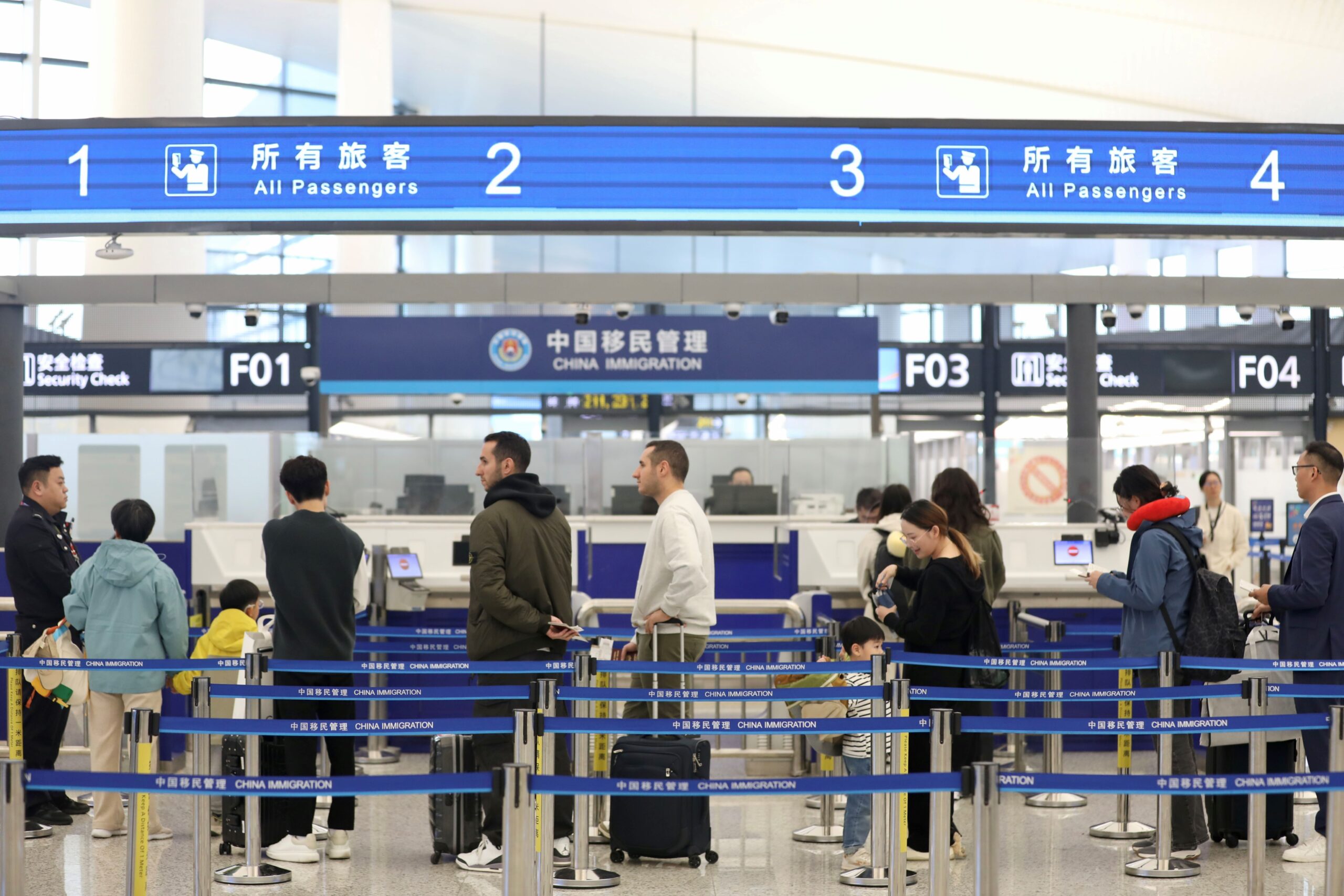China and the United States have reached a framework deal on TikTok, investment barriers, and broader trade cooperation. However, China drew a clear line. Officials said they would not accept any deal that undermines core principles, Chinese firms, or global fairness.
Chinese Vice-Premier He Lifeng and U.S. Treasury Secretary Scott Bessent led the talks. Both sides described the discussions as “candid, in-depth, and constructive.”
Resolve TikTok-related Issues
Following the talks, He Lifeng urged Washington to act quickly. He called for lifting trade restrictions, protecting past progress, and setting the stage for stable relations.
On September 15th, China’s international trade representative Li Chenggang confirmed progress. He said both countries had reached a “preliminary framework consensus.” Specifically, the deal includes resolving TikTok-related issues, reducing investment barriers, and promoting trade.
Furthermore, Li — who also serves as vice-minister of commerce — reinforced China’s stance. He said Beijing would never accept a deal that compromises its values or harms its companies. Moreover, he emphasized that Chinese firms should make their own market-based decisions.
Meanwhile, U.S. President Donald Trump welcomed the agreement. “A deal was also reached on a ‘certain’ company that young people in our Country very much wanted to save,” he posted on Truth Social. “The relationship remains a very strong one!!!”
Despite this, the White House withheld specific details. Officials said final terms would come after further negotiations.
When asked if China would take a stake in TikTok, Trump replied, “We haven’t decided that but it looks to me, and I’m speaking to President Xi on Friday (19th), for confirmation of that.”
TikTok’s Political Role
Beyond trade, TikTok now plays a growing political role. In April 2024, The New York Times reported that pro-Trump content on TikTok nearly doubled that supporting Biden.
Additionally, Trump’s media strategy fueled his online momentum. His campaign leaned heavily on right-leaning podcasts and influencers like Joe Rogan and Theo Von. It also appealed to disillusioned men who responded to messages about traditional masculinity and conservative values.
In short, TikTok now sits at the center of trade, technology, and politics. For both Washington and Beijing, the stakes remain high — and unresolved.
Written by Yi Shen, additional reporting by China Daily.
If you like this article, why not read: China To Expand Visa Free Policy to More Countries











